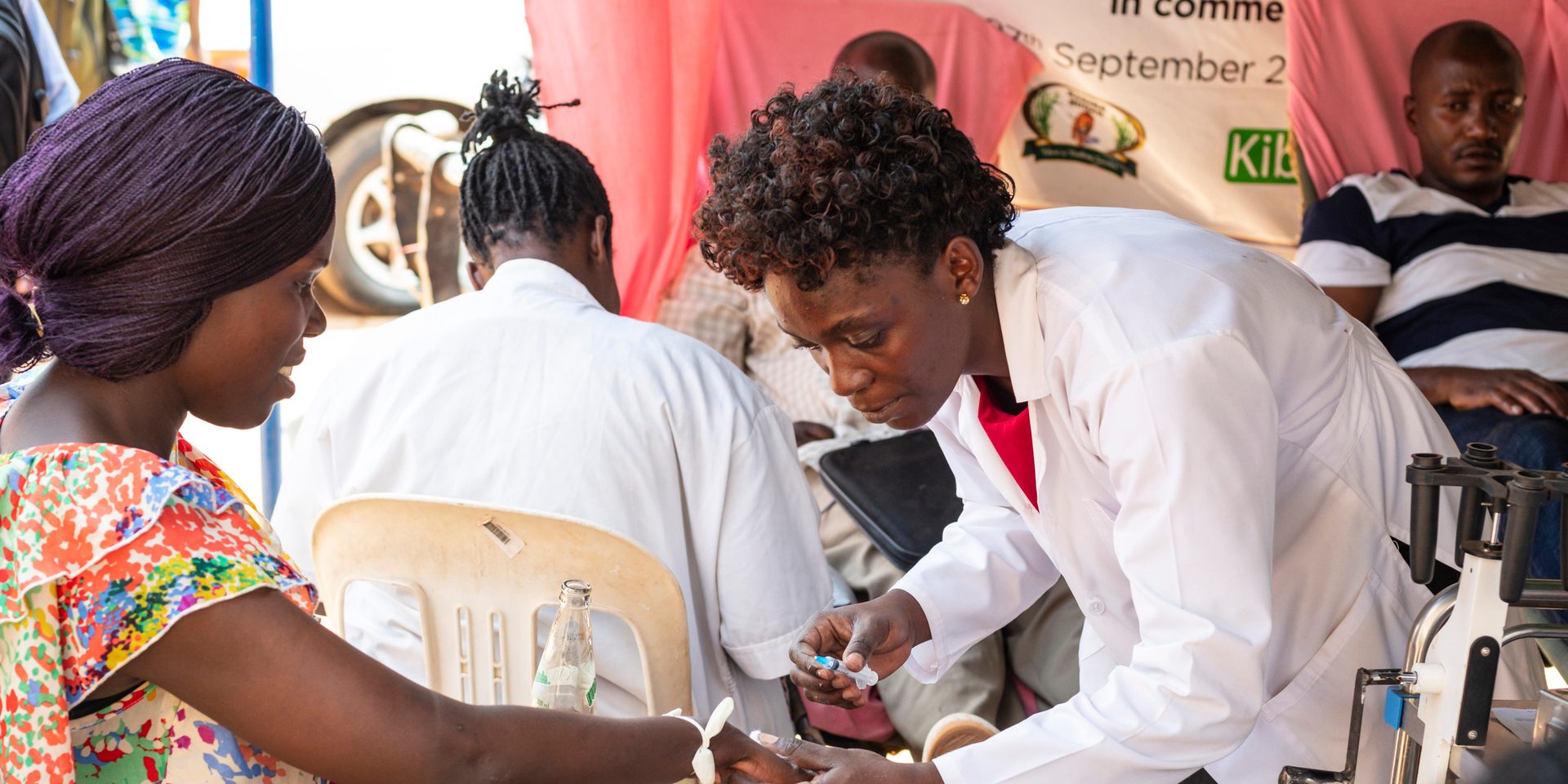
Are we pulling the right policy levers to address Africa’s shortage of healthcare workers?
Return-of-service schemes - which fund the education of health sciences students provided they return to work in their local communities for a period of time after qualifying - have been used to address healthcare worker shortages across South Africa.
But are they a good investment? A team of researchers from The George Institute and UNSW, Sydney, set out to try and answer this question by seeking the insights of key policymakers from the country’s provincial health departments. Their findings have now been published in PLOS Global Public Health.
According to lead author Sikhumbuzo Mabunda, Africa - especially sub-Saharan Africa - has the highest burden of disease in the world, the second largest population, and also the biggest shortage of health professionals.
“The country’s public health sector has only 33 medical practitioners per 100,000 people compared to the global average of 176 per 100,000 population and its primary care facilities are serviced by less than a third of the professional nurses and midwives that are actually needed,” he said.
“The main reasons driving this shortage are a limited capacity to train health professionals and the tendency for them to move to urban centres or to the private sector once qualified or even move overseas to work in more developed countries.”
But despite the adoption of several policies by governments in selected African countries in the south of the continent - like mandatory service in public sector for the duration of government-funded training - the inequitable distribution of resources persists.
To obtain on-the-ground insights into what is and isn’t working well, the George Institute research team conducted semi-structured, qualitative interviews with 16 key South African policymakers from eight of its nine provinces.
“They did feel that RoS schemes played an important role in increasing the pool of skilled health professionals and said they helped rural and disadvantaged South Africans secure academic qualifications and jobs in the health sector,” said Sikhumbuzo.
“But these benefits were undermined by lack of long-term planning, lack of transparency in the selection of some recipients, poor monitoring and coordination, and deliberate breaches of contract.”
Despite the high costs of the bursaries - reported to account for one quarter of the health worker training budget in Gauteng province, for example - no formal evaluations of the impact of RoS schemes were reported.
“We identified a number of areas where RoS schemes could be improved, such as better monitoring and enforcement of fines when contracts are broken, and policies to better support beneficiaries to fulfil their contracts,” said Sikhumbuzo.
“Given that these schemes represent a significant expenditure in an already resource constrained health system, ongoing monitoring and evaluation is important to ensure they are meeting population needs” he added.








